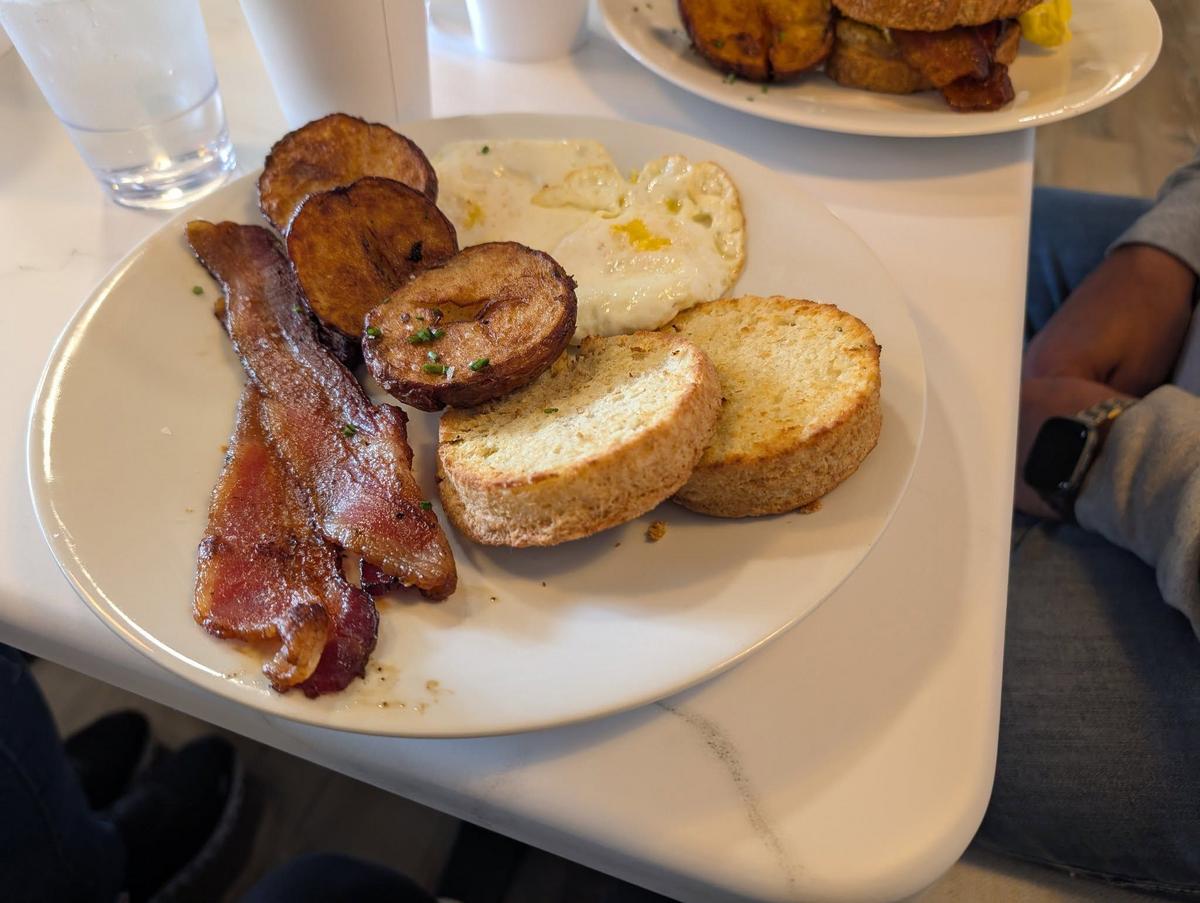Copyright Inc. Magazine

If a sizeable portion of your workplace seems to be dragging a bit these days, there’s a good reason why many staffers may be feeling fatigued. New data indicates a full quarter of U.S. employees took no personal time off (PTO) last year to unplug from work and recharge their batteries. Meanwhile, a third of workers who did merely caught up on their sleep. It remains a source of astonishment in many countries — and in some cases smug superiority — that even a quarter of the way into the 21st century, the U.S. remains the only advanced economy that doesn’t guarantee a minimum number of employee vacation days. Often overlooked in that gloating is that most American employers voluntarily provide PTO and most national holidays off to their workers. In recent years, that’s allowed U.S. employees to take an average 10 and 14 days annually, according to most estimates — even if that falls well short of 42 days in France, 36 in Spain, 30 in Australia, and 25 in Canada. But in spite of employers’ efforts to provide paid leisure time to staff, a little more than 30 percent of the workforce still has no access to PTO. Now, new survey data from remote job listing site Flexjobs finds that nearly a quarter of employees, or 23 percent of the 3,063 people it questioned didn’t take a single day off during the last year. The reasons? Even though 82 percent of those respondents said their employer provided paid time off, many failed to take some or all of those days “due to heavy workloads, manager expectations, and unsupportive company cultures,” the report said. Featured Video An Inc.com Featured Presentation Concretely, 43 percent of respondents said they had too much work to take PTO days, with 30 percent saying stepping away from the office risked them falling behind tasks they’d managed to keep pace with. Nearly 30 percent of survey participants said they’d feel too guilty, or be worried about looking like a slacker by going on vacation. More problematic was the 19 percent of respondents who said they didn’t dare take PTO in a workplace that “clearly doesn’t support taking time off.” That pressure dissuading employees from taking an extended break from work was felt in other ways as well. A quarter of survey participants said their managers discouraged them from taking a full week off, resulting in 42 percent of respondents saying they’d limited total PTO they took in the last year to between one and 10 days. “Most employees have some form of paid time off, but there’s a big difference between a company that offers this benefit and one that actually encourages workers to use it,” said Flexjobs career expert Toni Frana in comments accompanying the survey’s results. “Without a company culture that supports rest, many workers feel they can’t really step away without risking their professional reputation.” Despite those concerns, it’s clear most U.S. employers aren’t mistreating their workers in Miranda Priestly’s ‘The Devil Wears Prada’ fashion. Eighteen percent of survey participants said they took more than 15 days of PTO during the last year, and nearly the same number stepped away from work for 11 to 15 days. That may not match the six weeks — plus 11 national holidays — employees in France get annually, but it beats the five paid days workers in Nigeria have free each year. So how are U.S. workers who do take PTO spending that leisure time? While a majority still take to the beach, mountains, or global tourist destinations, a recent survey of 1,200 employees by mattress company Amerisleep found over a third use vacation time to just sleep. Its polling found 37 percent of respondents said they’ve used PTO days primarily to catch up on their shuteye. At 43 percent Millennials were the most likely to spend time off hitting the hay, followed by 34 percent of Gen Xers, 33 percent of Gen Z, and 20 percent of Boomers. That PTO slumber option also has the advantage of economizing the heavy costs of gas, airfare, and lodging that more traditional vacations require. On the down side, it also virtually eliminates the opportunity to cross paths with all those French and Spanish people on perpetual holiday.



